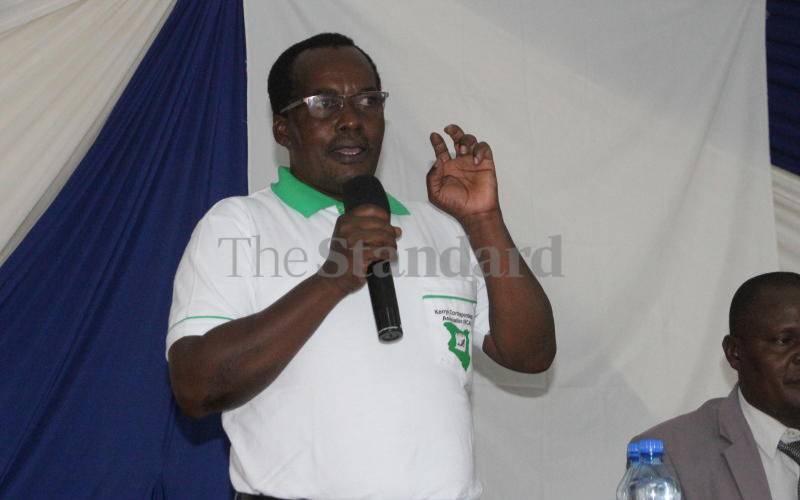×
The Standard e-Paper
Home To Bold Columnists

Our attention at Kenya Correspondents Association (KCA) has been drawn to reported initiatives to amend the Media Act 2013. At the Kenya Editors Guild (KEG) convention in Naivasha this week, the MCK chairman Mr Maina Muiruri was reported to have said that the proposed amendments are "good for the media industry".
We are surprised that he should say that when the purported proposals have not been canvassed by stakeholders and consensus reached.